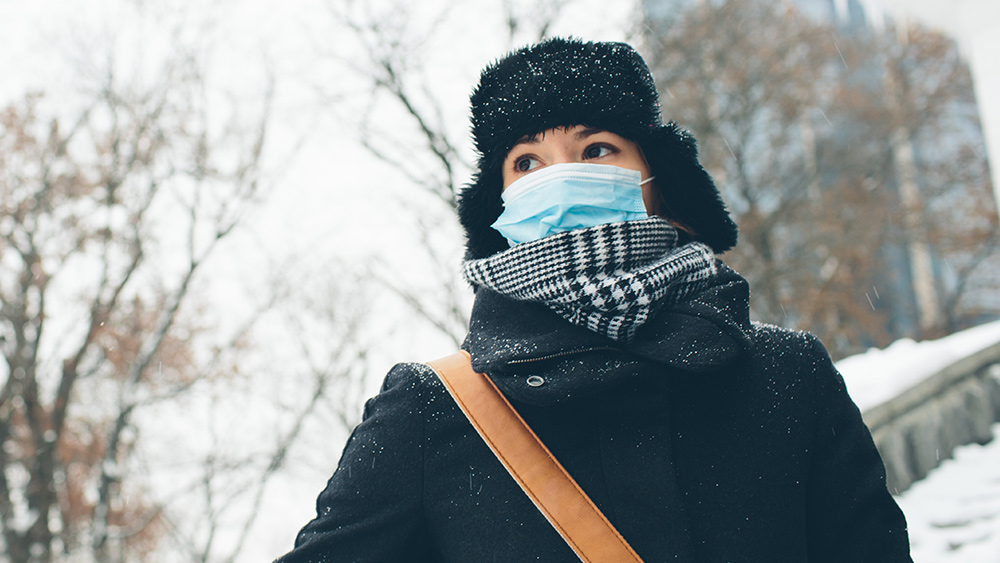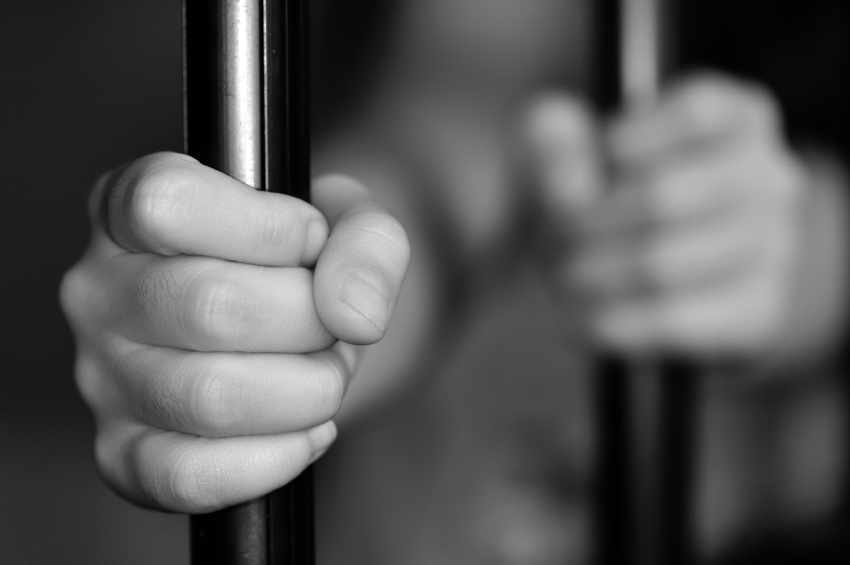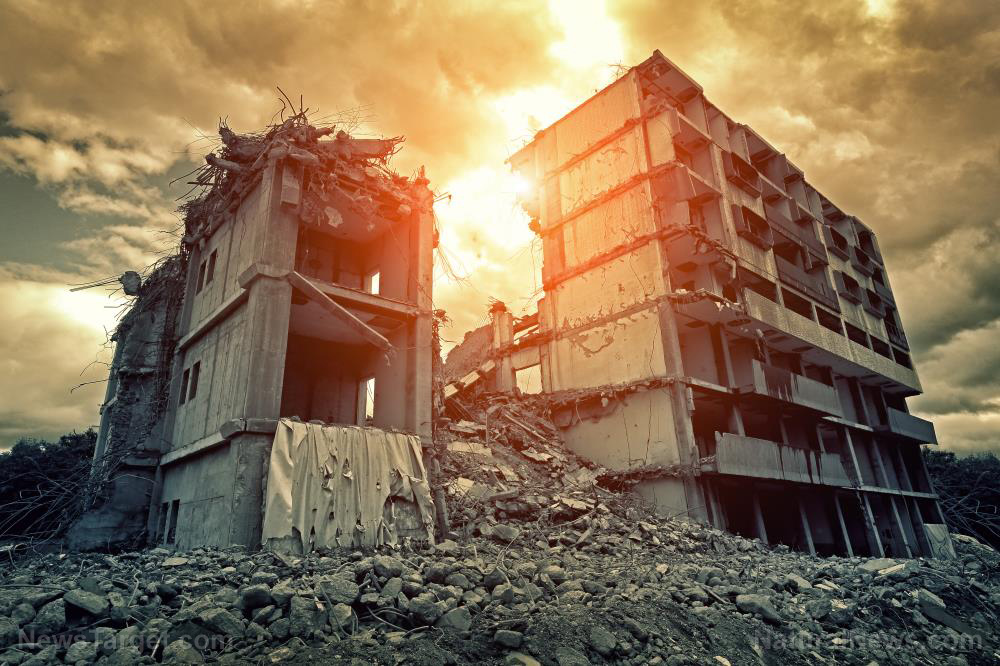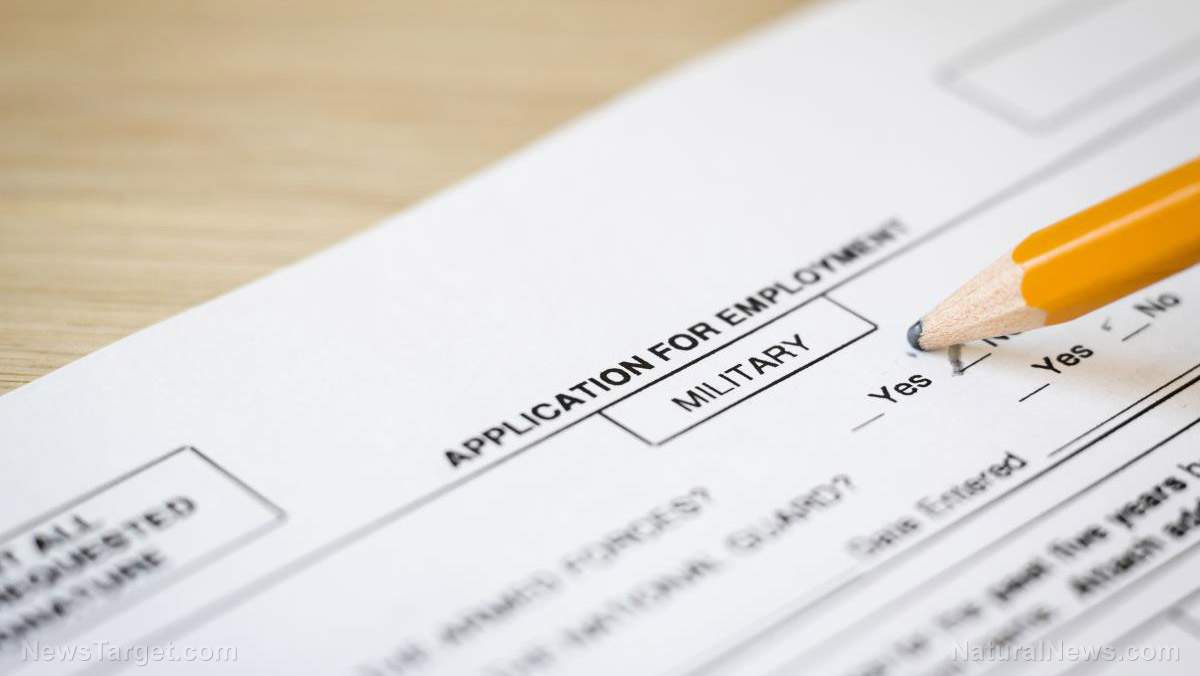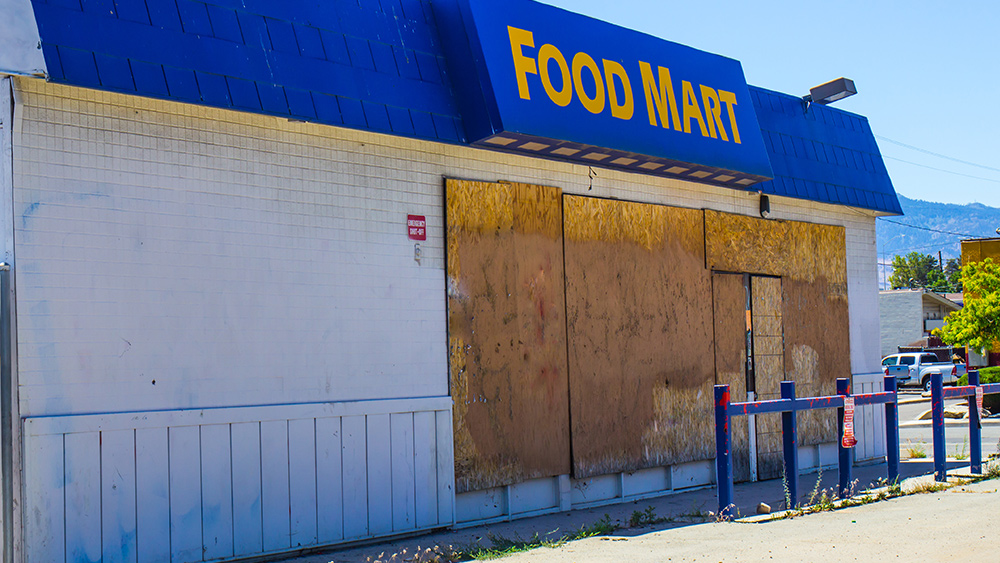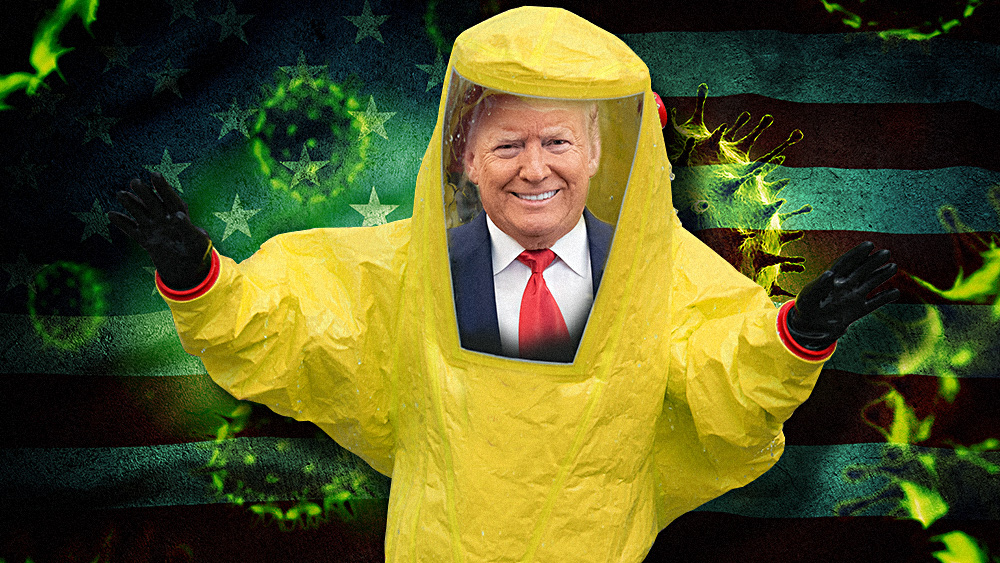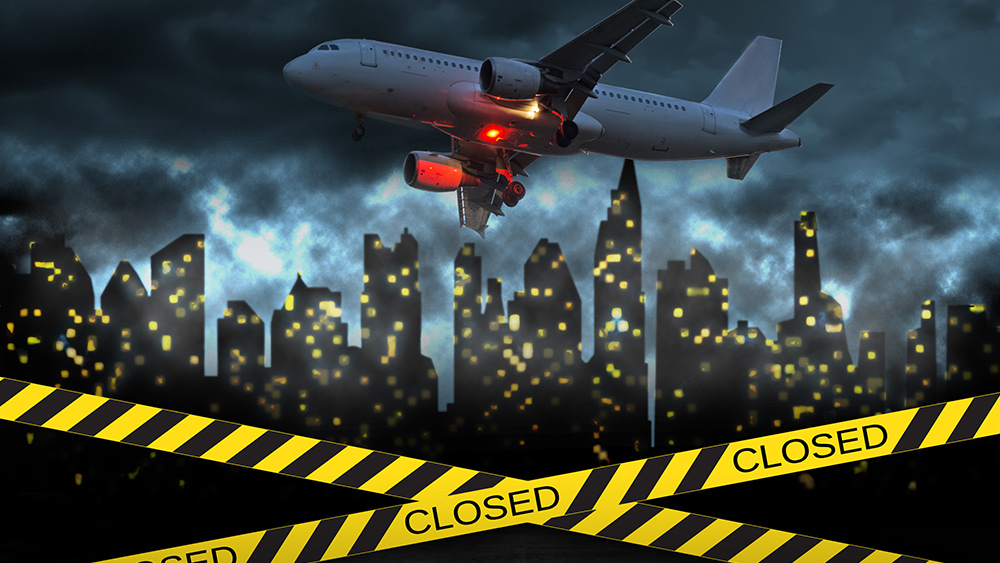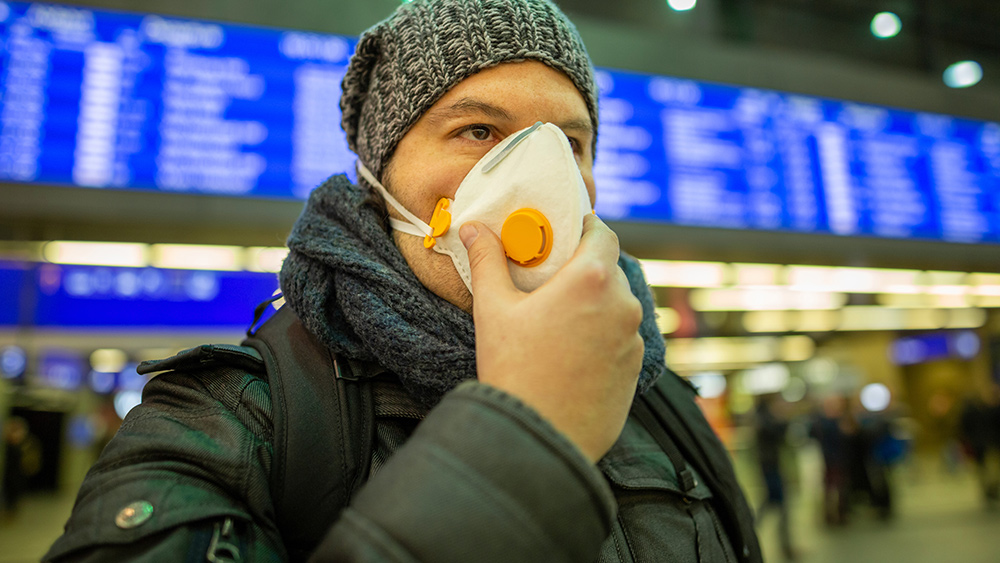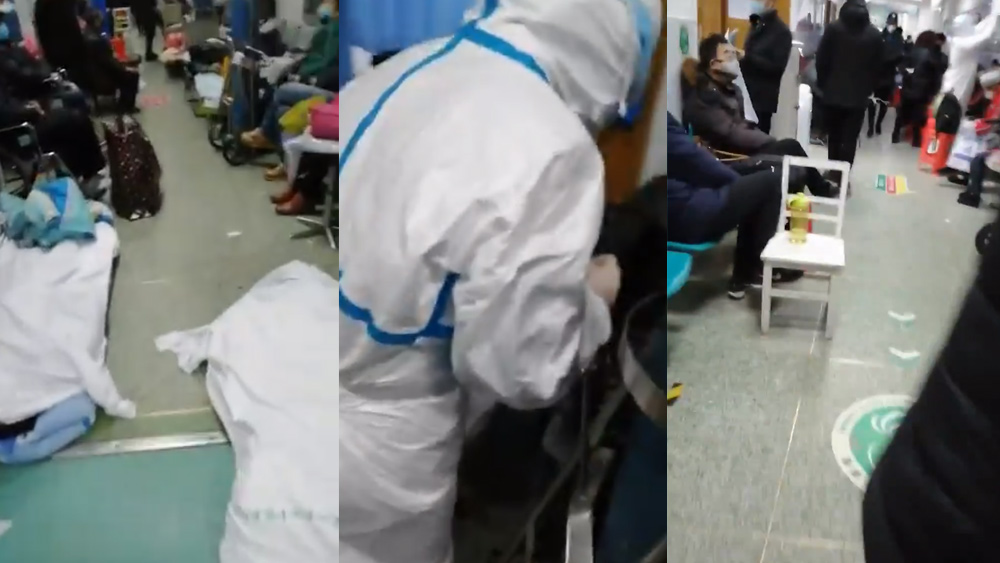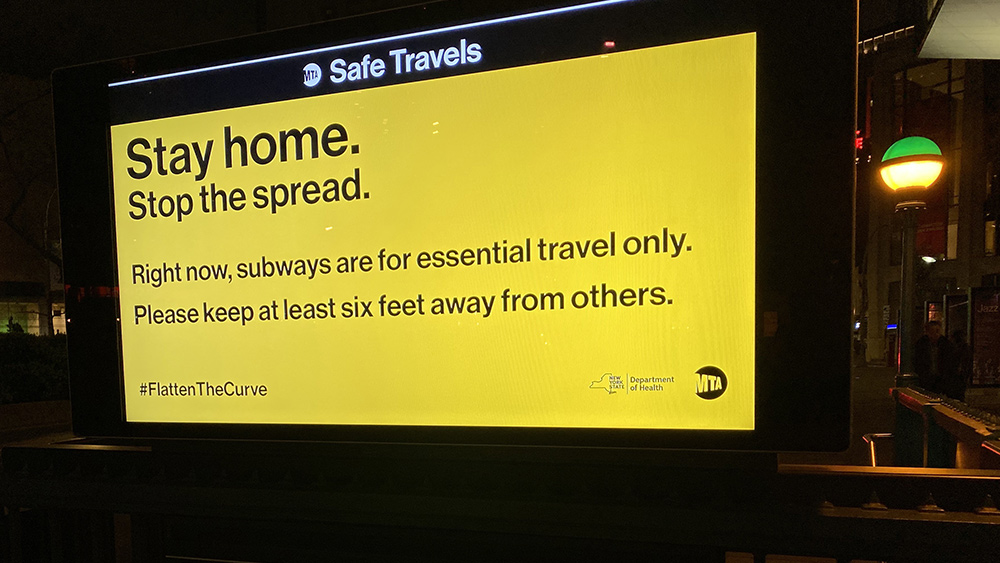Jobless claims spike to 6.6 million, doubling last week’s record, as layoffs mount amid coronavirus pandemic
04/03/2020 / By Franz Walker

A record-shattering 6.6 million jobless claims were filed last week, according to the Department of Labor’s (DOL) weekly jobless claims report. This is more than double the number reported in the previous week, which itself also broke records.
The week before, the DOL already reported a then record-setting 3.2 million jobless claims for the week, thanks to the global coronavirus pandemic. Combined with this week’s report, the total number of Americans who filed for jobless claims over the past two weeks to just under 10 million.
Before the report came out, economists surveyed by the Dow Jones had expected last week’s total claims to hit only 3.1 million, slightly lower than the previous week’s record-setting total.
Removing the expected seasonal trends, the total goes down to 5.8 million claims. These seasonal adjustments are based on the expected claims coming from season jobs that have ended. Some economists consider the lower number more relevant as the seasonal adjustments are less relevant due to the unusual impact the coronavirus-induced shutdown has had on the American economy.
“Sadly, this probably still underestimates the actual numbers because of the overload in the systems and not every call getting through,” explained Liz Ann Sonders, chief investment strategist at Charles Schwab. “Even if we’re accurately calculating the numbers, we still likely have worse to come.”
Previous records never went into the millions
Before the back to back weeks of record-setting jobless claims, the previous record for claims was set in 1982. Back then, claims only went as high as 695,000. Meanwhile, the highest number of filings in a week during the 2007 financial crisis was 665,000.
The sudden surge highlights just how hard the coronavirus outbreak is hitting America’s economy. The sudden shutdown from social distancing policies has caused a torrent of unemployment previously unseen in the nation’s history.
“Not only was the number worse than expected, but with lockdowns becoming stricter and being extended, we should anticipate further surges in jobless claims over the coming weeks,” stated Seema Shah, chief strategist at Principal Global Investors.
“We’ve lived through the recession and 9/11,” said Irina Novoselsky, CEO of online jobs marketplace CareerBuilder. “What we’re seeing with this decline is actually worse than both of those events.”
Workers at the lower end of the wage scale have been hit especially hard during the crisis as businesses either cut staff outright or freeze new hiring until there’s more visibility on how the efforts to stop the spread of the virus will work.
In terms of profession, the hardest hit jobs include bartenders, wait staff and athletic coaches, according to CareerBuilder. Also high on the list are food prep workers and supervisors, along with taxi and truck drivers.
A precursor of things to come
Despite jobless claims setting records for a second week in a row, experts are expecting that there will be more to come. Heidi Shierholz, an expert at the Economic Policy Institute, called the surge “just the tip of the iceberg.”
“Based on new GDP forecasts, we project that nearly 20 million workers will be laid off or furloughed by July, with losses in every state,” she said.
President Donald Trump signed a $2.2 billion coronavirus relief bill, which covers the increase in unemployment benefits. In addition to this, the aid package also includes a forgivable loan program that’s meant to encourage small business owners to retain as many employees as possible. For large businesses, on the other hand, the government will instead cover up to half of their employee’s wages through tax credits.
However, as the number of coronavirus cases and deaths continue to rise, Congress is now talking about a New Deal-style jobs program to try to rebuild the economy, which could suggest that the relief approved isn’t enough.
An analysis released by Goldman Sachs earlier this week projected that unemployment would rise to 15 percent this quarter. This is more than quadruple the 3.5 percent level wit was at before the outbreak and well above the 10 percent peak that it hit during the 2007 financial crisis.
Sources include:
Tagged Under: America, bankruptcy, Collapse, coronavirus, covid-19, economic collapse, economic shutdown, economics, economy, Flu, furloughs, government, infections, job loss, job losses, jobless, jobs, layoffs, New Deal, outbreak, pandemic, priority, risk, social distancing, superbugs, unemployment, USA, virus
RECENT NEWS & ARTICLES
COPYRIGHT © 2017 COLLAPSE.NEWS
All content posted on this site is protected under Free Speech. Collapse.news is not responsible for content written by contributing authors. The information on this site is provided for educational and entertainment purposes only. It is not intended as a substitute for professional advice of any kind. Collapse.news assumes no responsibility for the use or misuse of this material. All trademarks, registered trademarks and service marks mentioned on this site are the property of their respective owners.


